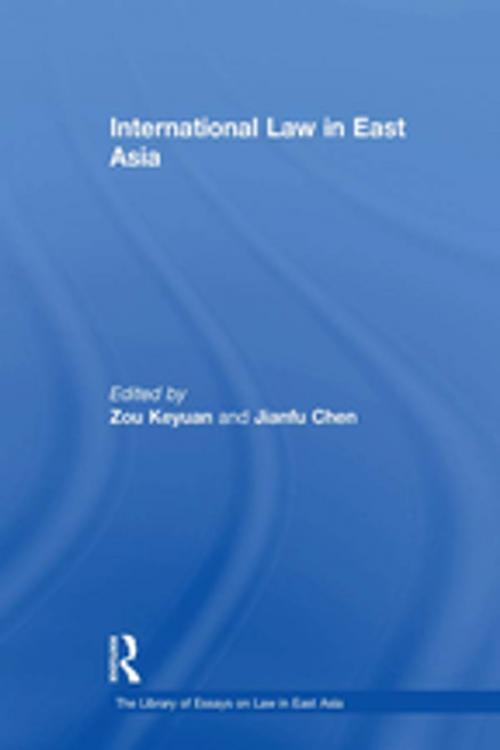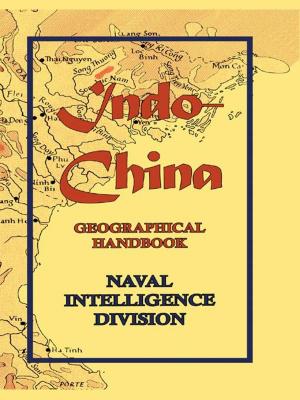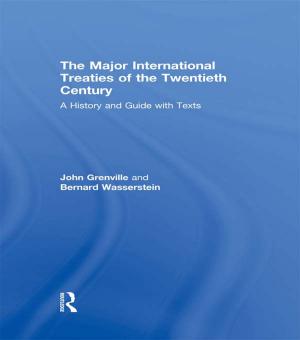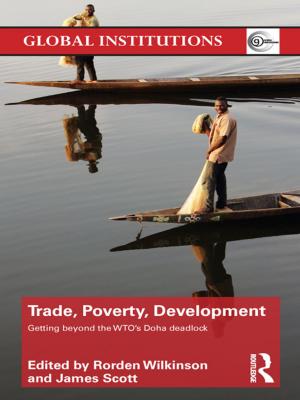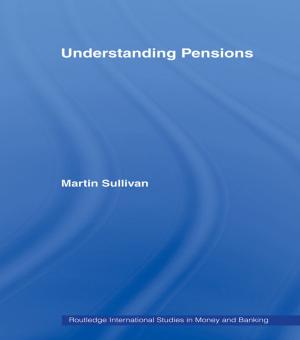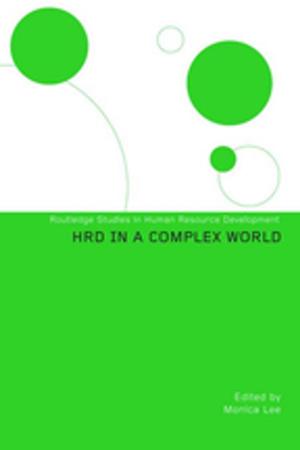| Author: | Zou Keyuan | ISBN: | 9781351562294 |
| Publisher: | Taylor and Francis | Publication: | July 5, 2017 |
| Imprint: | Routledge | Language: | English |
| Author: | Zou Keyuan |
| ISBN: | 9781351562294 |
| Publisher: | Taylor and Francis |
| Publication: | July 5, 2017 |
| Imprint: | Routledge |
| Language: | English |
As the world�s political and economic landscape changes in response to the rise of Asian countries such as China, so Asian influences on the global legal order will become more pronounced. Many countries in the region, such as Japan and South Korea, influence the development of international law in various ways, either individually or collectively through multinational organisations such as ASEAN. This collection of published work by leading East Asian scholars covers Asian perspectives concerning various issues in international law, ranging from general perspectives to particular themes such as international economic law, international human rights law, international ocean law, international criminal law, international security law and international dispute settlement. For the first time it provides a comprehensive picture of how and why East Asian countries participate in international law making, as well as comply with international law in their state practices. In so doing, the editors attempt to address the question whether the rising powers in East Asia will change the existing international legal order in future.
As the world�s political and economic landscape changes in response to the rise of Asian countries such as China, so Asian influences on the global legal order will become more pronounced. Many countries in the region, such as Japan and South Korea, influence the development of international law in various ways, either individually or collectively through multinational organisations such as ASEAN. This collection of published work by leading East Asian scholars covers Asian perspectives concerning various issues in international law, ranging from general perspectives to particular themes such as international economic law, international human rights law, international ocean law, international criminal law, international security law and international dispute settlement. For the first time it provides a comprehensive picture of how and why East Asian countries participate in international law making, as well as comply with international law in their state practices. In so doing, the editors attempt to address the question whether the rising powers in East Asia will change the existing international legal order in future.
